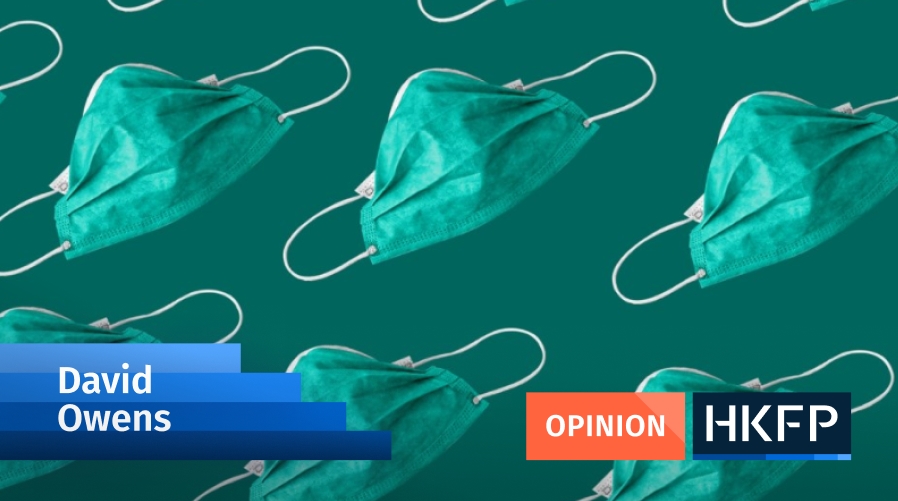Three years to the day after the World Health Organization sounded the highest level of global alert over Covid-19, it said Monday the pandemic remains an international emergency.
The UN health agency’s emergency committee on Covid-19 met last Friday for a 14th time since the start of the crisis.

Following that meeting, WHO chief Tedros Adhanom Ghebreyesus “concurs with the advice offered by the committee regarding the ongoing Covid-19 pandemic and determines that the event continues to constitute a public health emergency of international concern (PHEIC),” the organisation said in a statement.
Tedros, it said, “acknowledges the committee’s views that the Covid-19 pandemic is probably at a transition point and appreciates the advice of the committee to navigate this transition carefully and mitigate the potential negative consequences.”
Even prior to the meeting, the WHO chief had suggested the emergency phase of the pandemic is not over, pointing to surging numbers of deaths and warning that the global response to the crisis “remains hobbled”.
“As we enter the fourth year of the pandemic, we are certainly in a much better position now than we were a year ago, when the Omicron wave was at its peak, and more than 70,000 deaths were being reported to WHO each week,” he told the committee at the start of Friday’s meeting.
Tedros said the weekly death rate had dropped below 10,000 in October but had been rising again since the start of December, while the lifting of Covid restrictions in China had led to a spike in deaths.
In mid-January, almost 40,000 Covid weekly deaths were reported — more than half of them in China — while the true toll “is certainly much higher”, he said.
The WHO first declared a so-called PHEIC as what was then called the novel coronavirus began to spread outside China on January 30, 2020.
Though declaring a PHEIC is the internationally agreed mechanism for triggering a global response to such outbreaks, it was only after Tedros described the worsening Covid situation as a pandemic on March 11, 2020, that many countries realised the danger.
Globally, more than 752 million confirmed cases of Covid-19 have been reported to the WHO, including more than 6.8 million deaths, though the United Nations’ health agency always stresses that the true numbers are likely much higher.
Support HKFP | Policies & Ethics | Error/typo? | Contact Us | Newsletter | Transparency & Annual Report | Apps
Help safeguard press freedom & keep HKFP free for all readers by supporting our team















